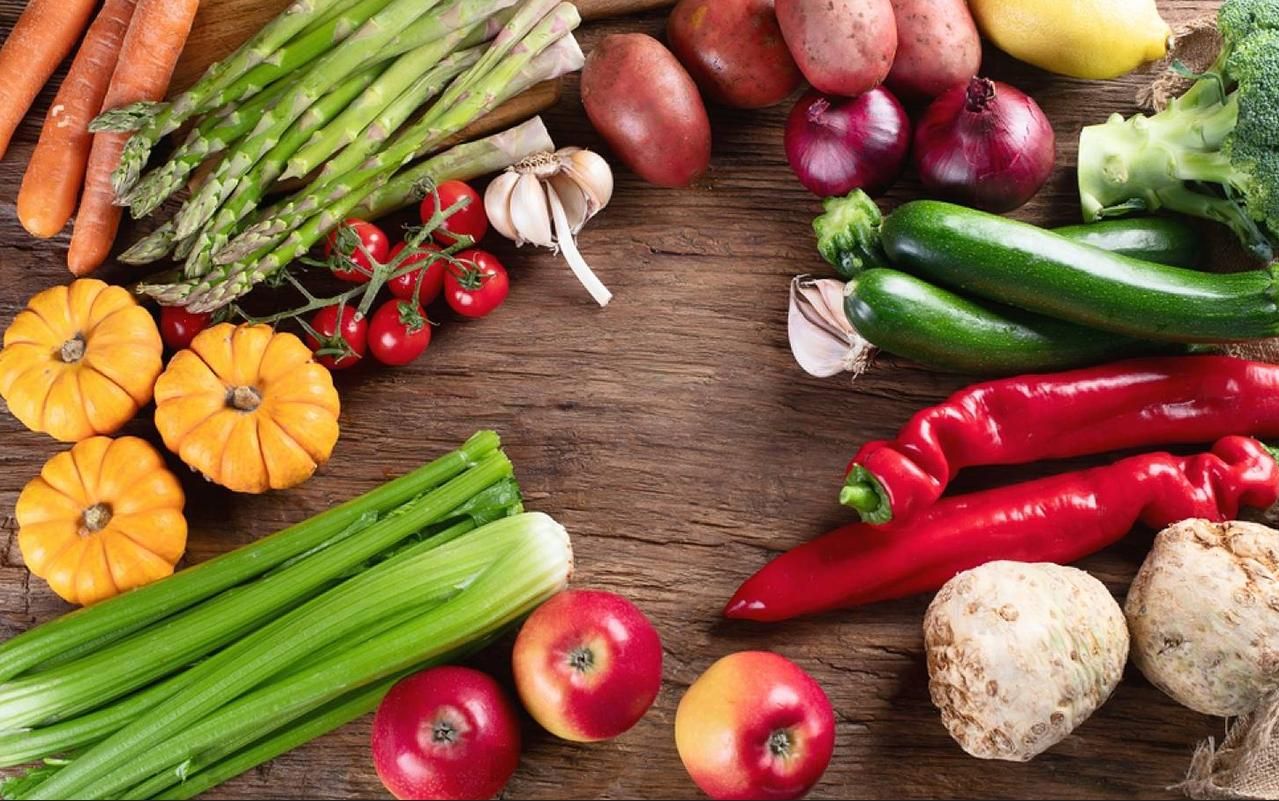
When it comes to managing expenses, it's essential to have a knack for not letting anything go to waste. This is especially true for housewives and those with the responsibility of catering to their family's needs. To help you master the art of kitchen efficiency, we're here to share some valuable tips and tricks on how to keep your vegetables fresh and ready for use.
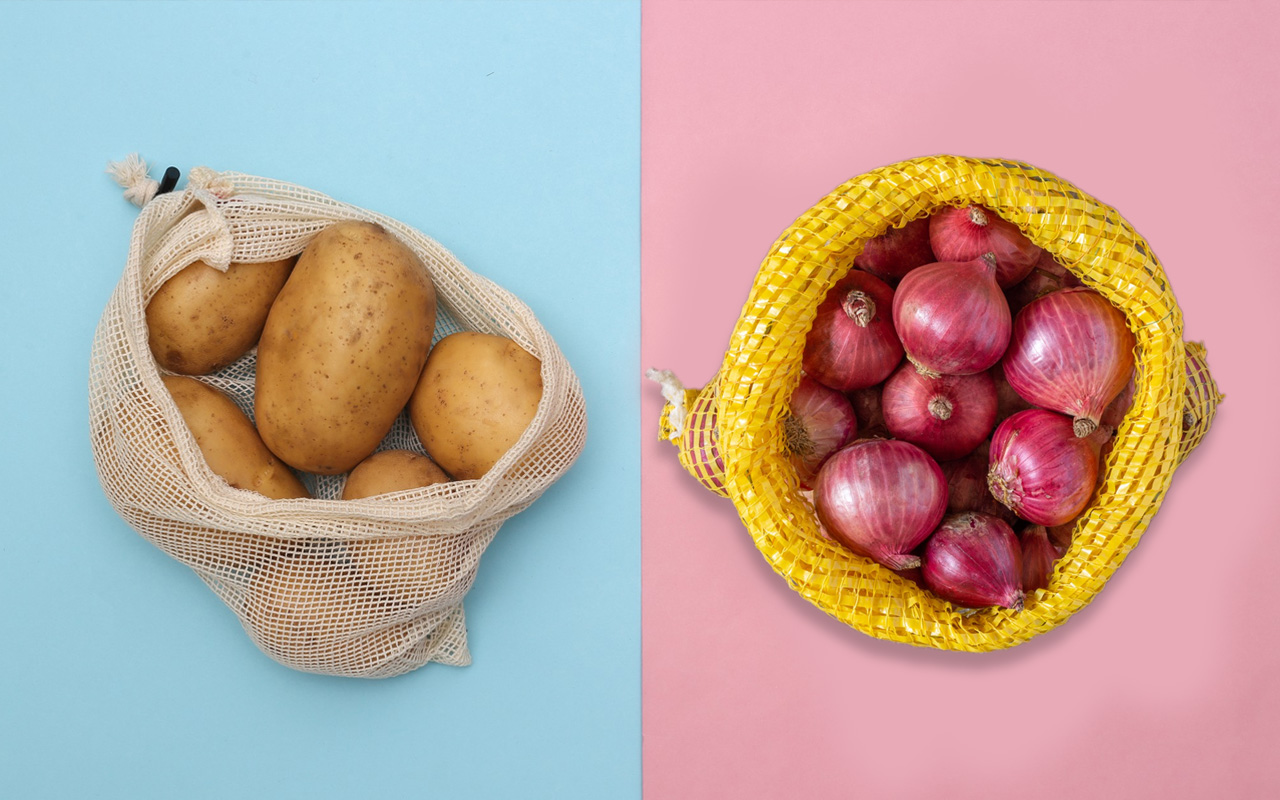 1. Keeping Cooking Ingredients Fresh: Cool and Dry Storage
1. Keeping Cooking Ingredients Fresh: Cool and Dry Storage
Potatoes and onions are kitchen staples for Myanmar housewives, as they conveniently complement a variety of local dishes. It's common practice to store these ingredients in bulk. However, dealing with sprouting potatoes and damp, mushy onions can be a waste, both in terms of hygiene and your budget as a housewife.
(a) How to Prevent Potatoes from Sprouting - Keeping your potato pack as it is after purchase won't do any good for their freshness. The ideal way to store potatoes is in a cool, dry place away from direct sunlight. Instead of cluttering your kitchen, try storing them in a mesh bag and hang it in a cool, dark area. This not only saves space but also helps to preserve their quality and prevent sprouting.
Potatoes and onions may be a well-known pair in many recipes, but when it comes to storage, they should never be kept together. Here's why: onions release a high amount of hydrocarbon called ethylene, which can accelerate the decay process of potatoes.
(b) So, where should you store your potatoes? First, make sure to select clean, dry onions without any signs of dry peeling. For optimum freshness, store your onions in a cool, dry place away from direct sunlight. Similar to potatoes, using a mesh bag with good airflow can also help maintain their quality.
If you're looking to store peeled onions in the fridge, it's best to keep them in containers to prevent their strong odor from permeating your refrigerator. Boiled potatoes can be stored in the fridge to maintain their freshness for longer periods.
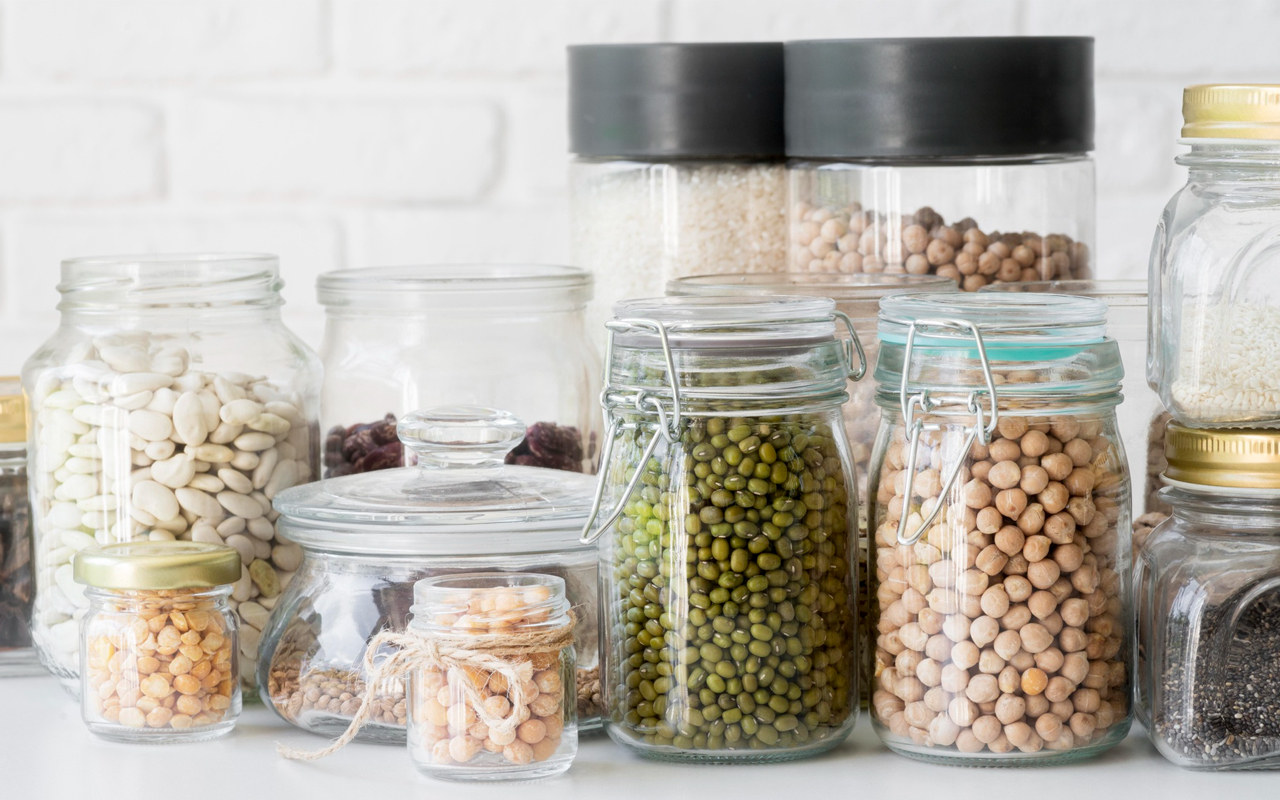 (c) How about storing beans and seeds to prevent them from expiring due to long storage? We've all been there, right? Well, here's the trick: make sure to dry your beans and seeds thoroughly before storage. To further protect them, store your beans and seeds in airtight containers. This not only helps prevent any infections or infestations but also extends their shelf life. This storage method can also be applied to cashews and sunflower seeds.
(c) How about storing beans and seeds to prevent them from expiring due to long storage? We've all been there, right? Well, here's the trick: make sure to dry your beans and seeds thoroughly before storage. To further protect them, store your beans and seeds in airtight containers. This not only helps prevent any infections or infestations but also extends their shelf life. This storage method can also be applied to cashews and sunflower seeds.
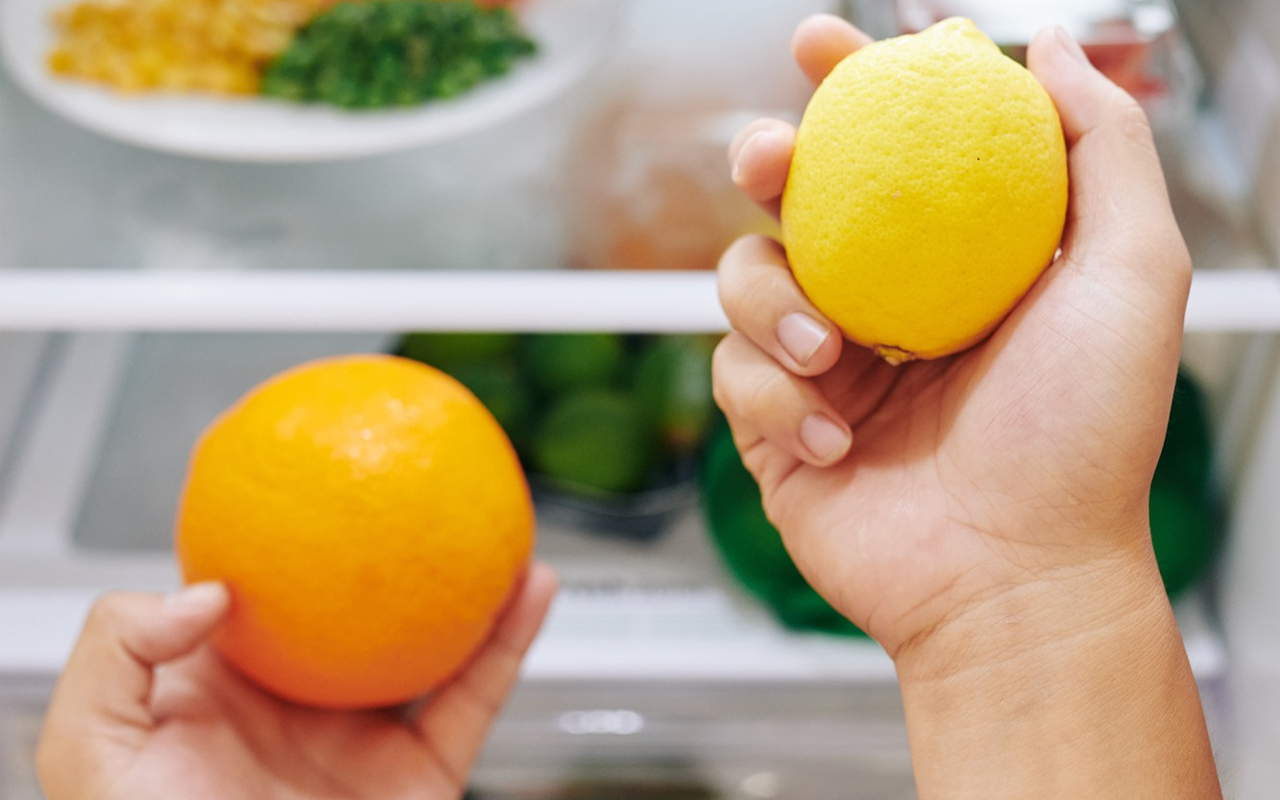 2. Preserving Fruits Without the Fridge
2. Preserving Fruits Without the Fridge
(a) Maintaining Juicy Citrus Fruits: We often encounter the issue of lemons and limes drying out in the fridge. The secret to keeping these citrus fruits juicy for longer is to store them in an airtight container.
(b) Prolonging Tomato Freshness: Want your tomatoes to last longer without refrigeration? Look for ones with a green stem, place them in an airtight container.
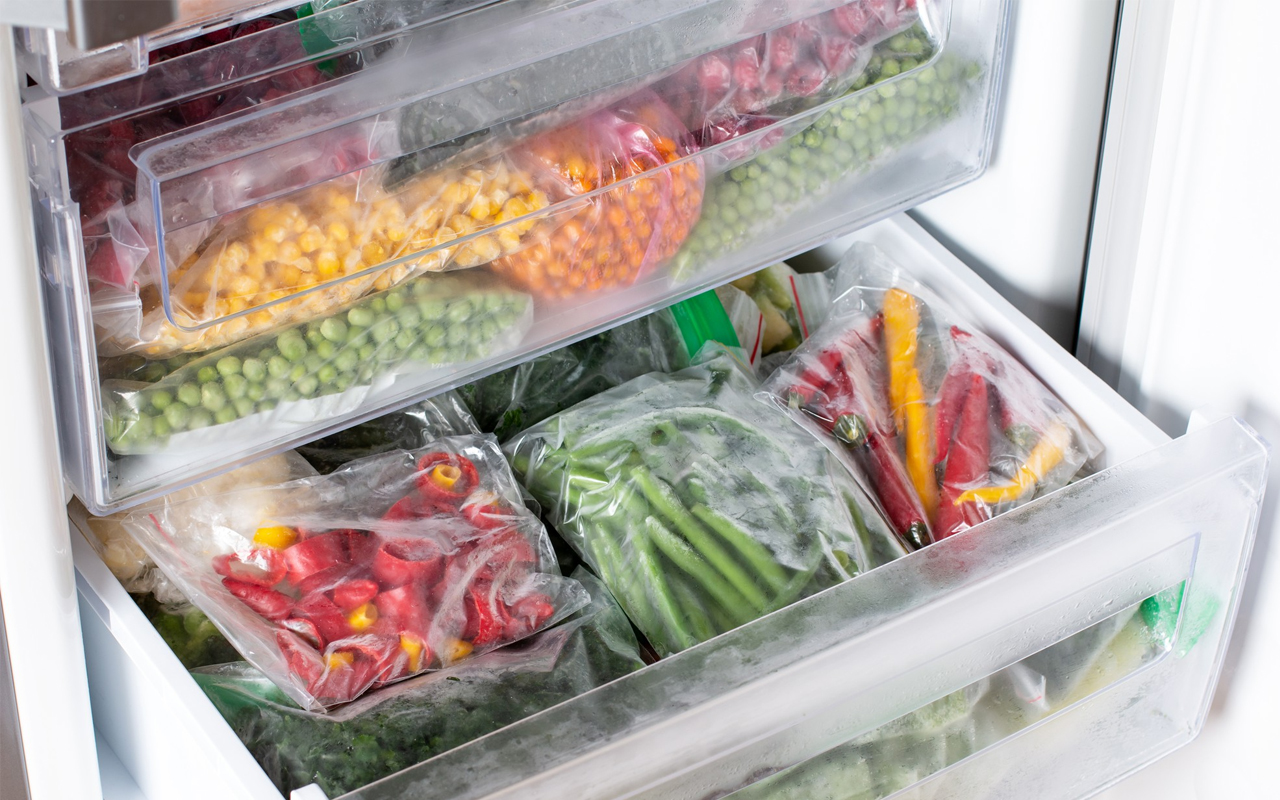
3. Vegetables that need refrigeration
They should not be stored in bags as you bought them, as it can affect their freshness. Instead, follow these quick and easy tips:
(a) Soft Veggies: Vegetables like asparagus, mustard, and lettuce should be kept covered and moist in the fridge to maintain their freshness. However, avoid storing them in the freezer compartment. In Myanmar, people traditionally use wet cloth and clay pots to prevent vegetables from drying out, which is also a helpful technique if you don't have a refrigerator.
(b) Bulky Veggies: Vegetables like corn, radish, beans, cauliflower, and cabbage take up a lot of space in the fridge. To make the most of your space and store them longer, you can cut them for one serving, separate the pieces, and keep them in an air-tight plastic bag. This way, you can save space while preserving their freshness.
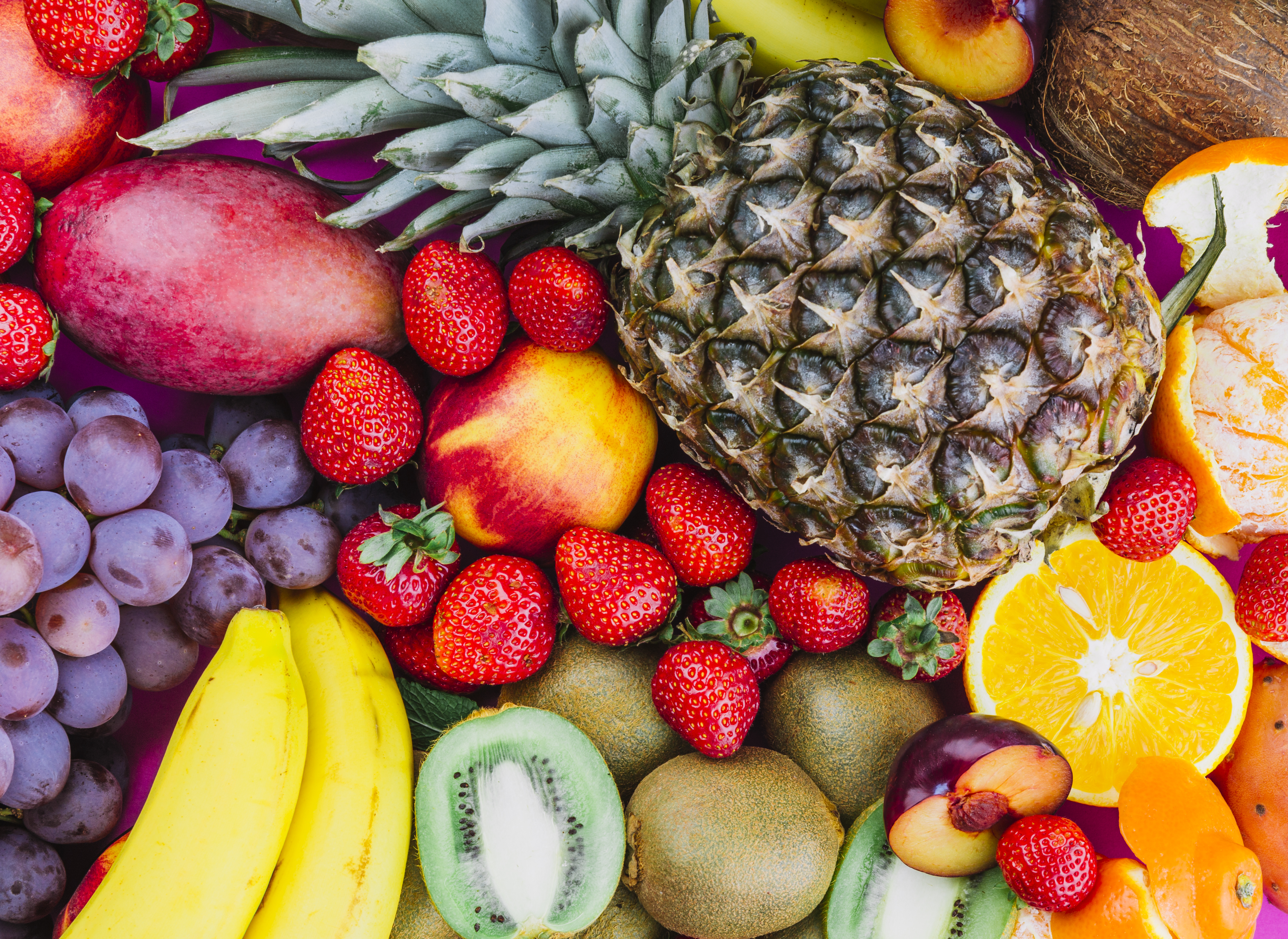
4. Fruits that should be refrigerated only when they are ripe
Certain fruits, such as avocado, kiwi, mango, muskmelon, pear, and papaya, should be refrigerated only when they are ripe. If you store them in the fridge before they are fully ripe, it will take longer for them to become ripe and ready to eat.
To speed up the ripening process of these fruits, you can place them together with other fruits that produce a natural gas called ethylene. For instance, keeping avocados alongside ripe bananas and apples will help them ripen faster. The same principle applies to pineapples – they will also ripen more quickly when placed with other ethylene-producing fruits.
The refrigerator is a must-have kitchen appliance where you can store all kinds of foods, such as vegetables, fruits, meat, fish, snacks, and curries. To make sure your foods stay fresh and healthy, it's important to take care of your fridge's cleanliness. By following the tips and tricks mentioned above, you can keep your veggies and fruits fresh, which not only ensures your well-being but also helps you reduce waste and save money.
Smartly managing your kitchen is a crucial step in creating a healthy and happy family life. By preparing nutritious meals with hygienic vegetables and meats, you can keep your family strong, healthy, and well-nourished. So, why not begin your journey towards a healthy family life by starting with a clean and hygienic kitchen filled with fresh vegetables?
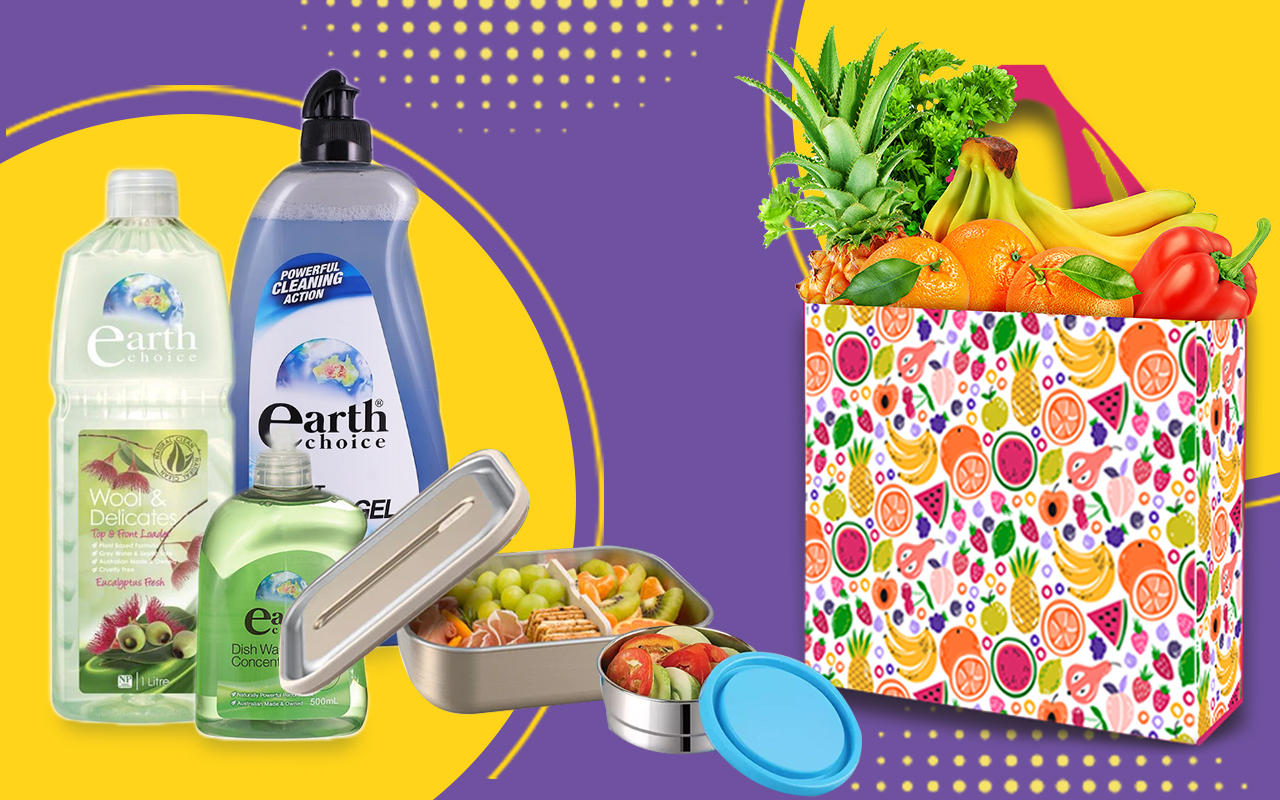
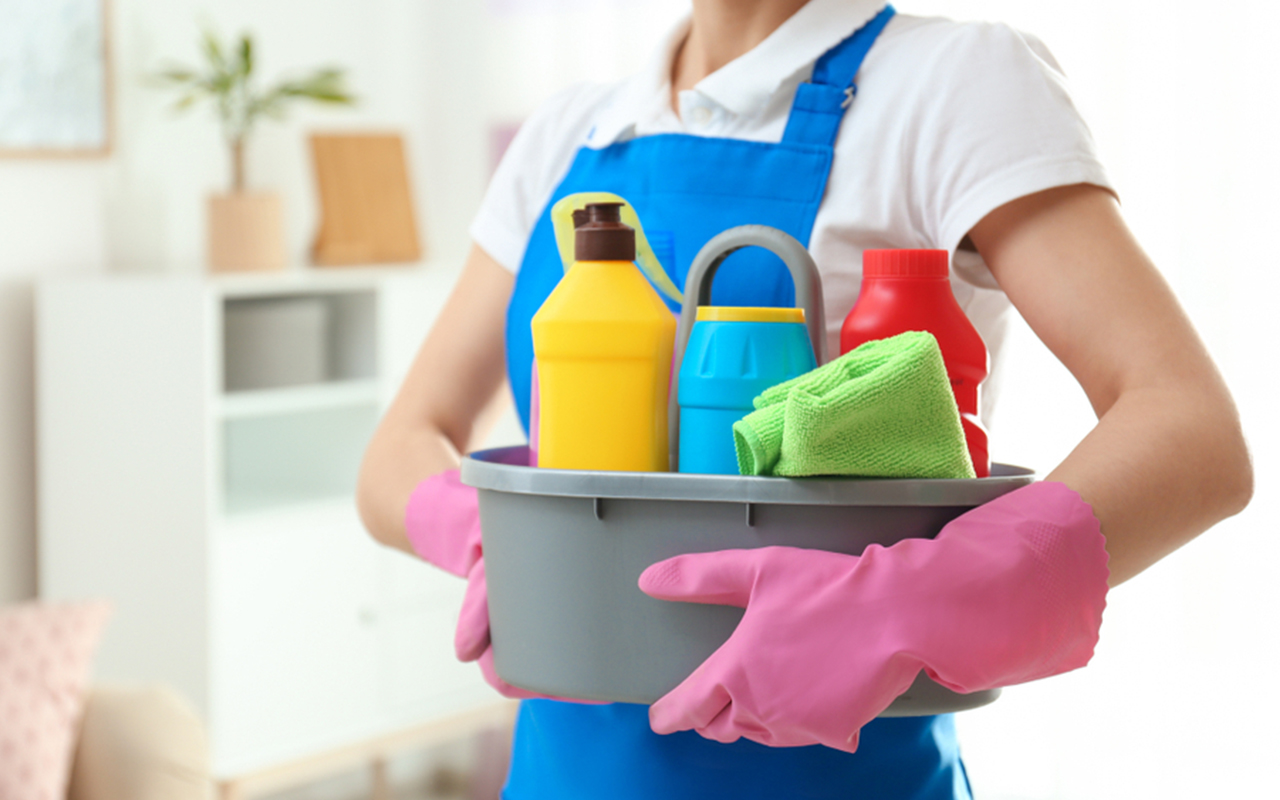
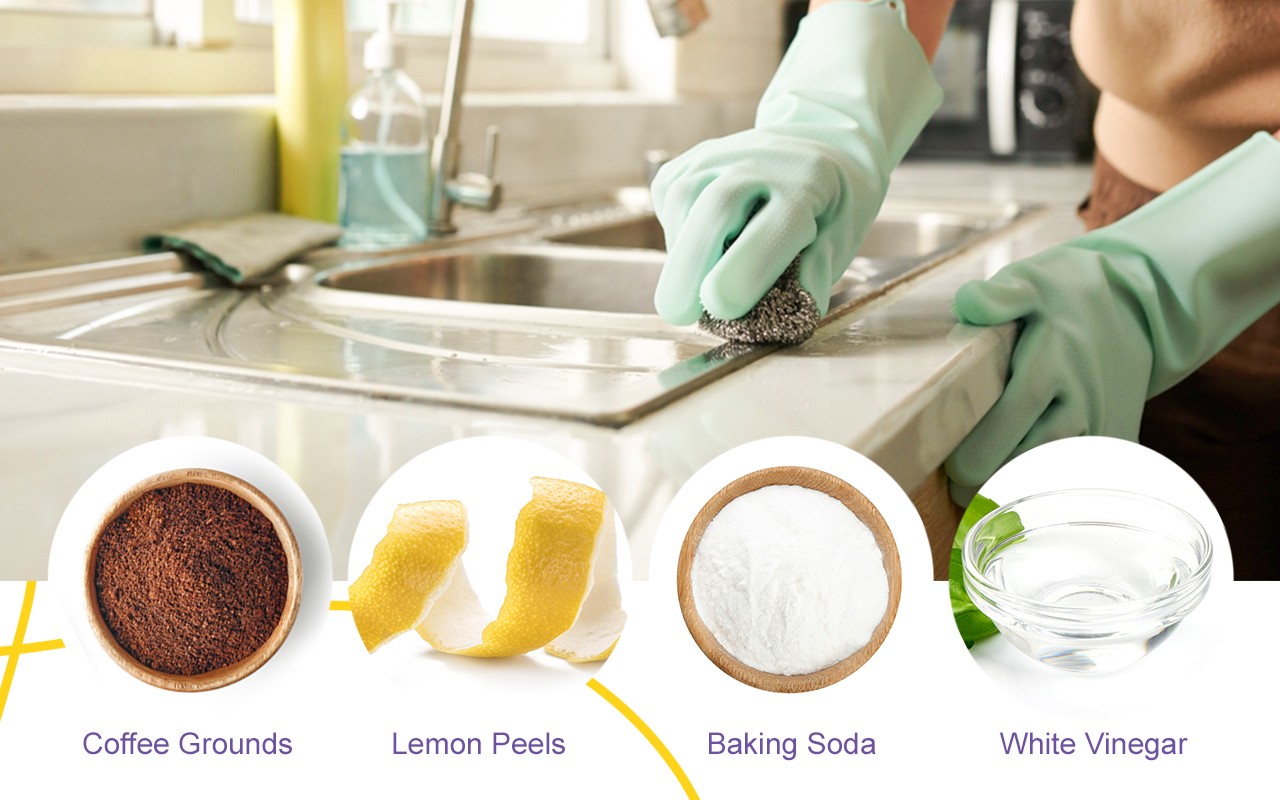
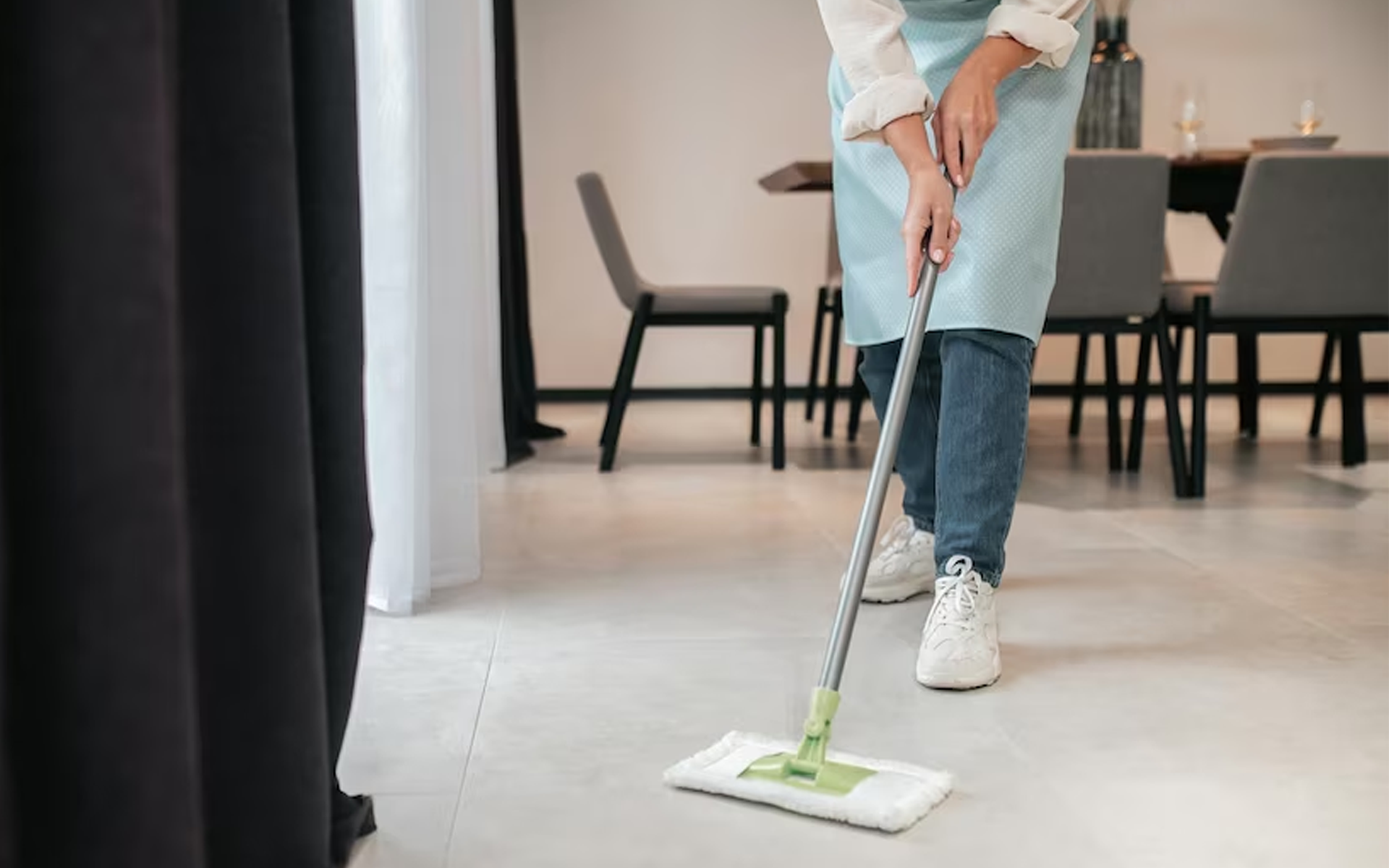
Comments